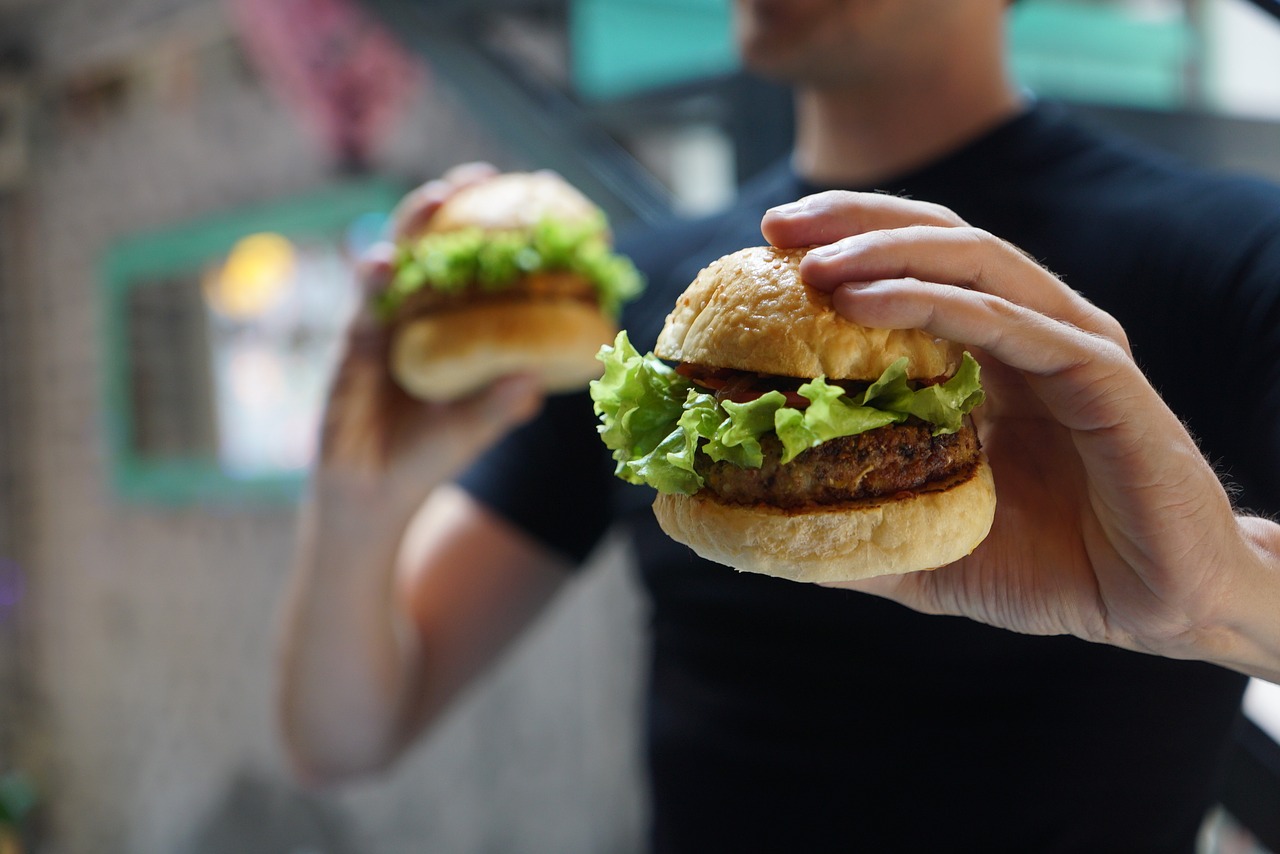Mindful eating to stop overeating, where to start?
Mindful eating is an effective way to reduce overeating, shown a study on “Mindfulness-based intervention for obesity-related behavior” (US National Library of Medicine, 2014 study).
Sounds good. But although it becomes trendy, mindful eating seems to be mysterious. Most of us do not really know where to start with it. Is that the fact that when we eat an apple, we pay attention to all of its details? Or do we need to eat slowly? Is that as simple as that? Why isn’t it working for me? In short, where to start?
This article will reveal 3 knowings that shed light on some deeper practices that may help.
We overeat, and we eat badly!
Confess this. We overeat, and we eat badly these days.
When I see what I cook for my children today, and the food I ate during my childhood 30 years ago, I have to admit a big difference.
But there are a number of reasonable reasons that lead our way to overeating. One of the most important factors is stress. Sounds familiar to you? Yes, people tend to seek high-calorie, high-fat foods during periods of stress. Also, when people are stressed, their bodies store more fat than when they are relaxed.
But there is some other more profound reason for overeating.
Do you know that, sometimes, for years, I had cooked and eaten vegetables or fruits, and I never knew how the trees or plants looked like! The industrial consumption mode draws us the farthest ever from the contact with the field, the soil, and the labor. Our profound links with food, and nature, are largely lost in modern societies.
In addition, we live in an ever-running modern life. It does not either allow us to have enough time and energy to mindfully cook and eat our meals.
No wonder why, we overeat. And we eat badly.
‘Overeating, I feel bad about my body’
Don’t you? For sure, overeating and eating unhealthy food impact our physical health.
But what’s more, it impacts our feelings and self-confidence. It can even have important consequences in our relationships. “After having overeaten or eaten unhealthy foods, half of the adults (49 percent) report feeling disappointed in themselves. 46 percent report feeling bad about their bodies. And more than one-third (36 percent) say they feel sluggish or lazy” (American Psychological Association).
All of these sound bad. And we really want to do something about it. But why most of our efforts of dieting and weight loss, so far, failed?
Mindful eating to stop overeating – 3 knowings that make you succeed

“Eating more slowly, taking small bites, chewing thoroughly, being aware of your senses, and appreciating food are all simple mindfulness practices to incorporate into a daily routine” – (Healthline).
Sure, you might have read through a lot of tips and tricks like these, nowadays, to eat mindfully. And they are valuable and necessary.
But today I would like to share 3 things that might help completely change your practice. They can make you succeed where others fail. Fair warning: it requires mindset and lifestyle change!
Knowing #1: Your body does not belong to you
Well, I must tell you, mindful eating to stop overeating starts first with this.
“In modern society, people tend to believe that their bodies belong to them. And they can do whatever they want with them”, said Thich Nhat Hanh. But we forget that the trees, the clouds, the Earth, and all living things, contribute every moment to the existence of our bodies.
Don’t believe it? Take a moment and look deeply into the cup of coffee in front of you. The water that fills in your cup really comes from a cloud. And the coffee beans were ripening under the hot sun of a tropical country. They are immersed with the sweat of a farmer, at this very moment, probably still working in his field. When you drink your coffee, water flows through your body. And the fruits become your cells.
“We can eat with love, knowing that we are the guardian of our bodies, rather than their owners”
– Thich Nhat Hanh –
Yes, you might not remember it, but our bodies are the results of innumerable living beings. They are the gift of the whole universe. And thus they belong to all that exists. They belong to our ancestors, and also our future generations.
Knowing #2. How much does it cost, what we eat?
Can you determine the price of what you eat? Do we pay the sun for its generous rays? Do we pay the earthworm for it to make the soil softer?
The price of our meal is not what we pay to buy its ingredients from the local supermarket. The best food is usually very simple. We do not need to buy the most expensive ready-made ingredients.
What’s more, there are things that cannot be bought by our money. That is the force of life in the apple tree for the apple to grow. The attention and love that someone put in his labor. Or the mindfulness we put into cooking a meal for ourselves, and our loved ones. In French, the word “expensive” (‘cher’) is the same as “beloved”. Today, you can say, ‘I cook an “expensive meal”, or a “loving meal”‘. That’s what you get from a meal which is really rich.
The day we know the inestimability of what we eat, we don’t even need to start mindful eating to stop overeating. I believe that things will just flow in their ways naturally, don’t you?
Knowing #3. Do we eat our worries?
When we eat mindfully, we eat with no distractions. No television, no radio, no phone… Fair points. But there is another kind of television and radio that we need to turn off when we eat. Do you know which ones?
That’s what Thich Nhat Hanh called “our radio of non-stop thinking”. Yes, this is this radio that we want to stop in our heads.
We can stop thinking about a discussion with our colleagues this morning, a dispute with our neighbors two days ago, a presentation for a meeting tomorrow… Turn off this non-stop parade in our mind when we eat.
Sometimes, even worse, we “turn up the volume” of this radio, and start to… speak.
I remember multiple times eating with my colleagues in a cantine. And they started speaking about the problems they had at work, at home. Indeed, they didn’t even know that they were eating their worries, and not their meals.
How not to “eat our worries”?
In order not to “eat our worries”, sometimes, it’s helpful to eat in silence. Pay full attention to our breath, our food, and those with whom we share our meal. We are not lost in the past, either in the future. At the current moment, we are.
Want another easy way to practice the absence of thoughts while eating? Pay attention to your breath. You only need one second to breathe in and breathe out, before eating. With our breath, we are conscious of our body. We can feed it not only with healthy food but also with the freshness of our mind.
When we eat our meal, and not our worries, we are not imprisoned. We are free to eat our meal mindfully and appreciate it fully. We are aware of what we bring into our bodies. This way, we eat only what is good, healthy, and with good quantity. I’m sure you’ll not need to worry anymore about overeating. Because food is also a medicine, we cure our bodies and our minds.
Mindful eating to stop overeating – A long practice that starts now at this instant
So we have learned 3 knowing about mindful eating, to stop overeating. Do you believe they will help? There is one simple thing to keep in mind though. Mindful eating is not a theory. It’s a practice. And a long practice that starts now at this instant.
My best advice? Don’t make it over complicated. Start right now. When you eat something, simply pay all your attention to it. And see deeply in what you eat. See the whole universe in your plate. And breathe mindfully.
Read more:
6 easy ways to be happier: How to practice mindfulness in eating
7 easy mantras to cultivate joy and mindfulness
3 things that prove you have self-compassion and how it helps with mindful living


